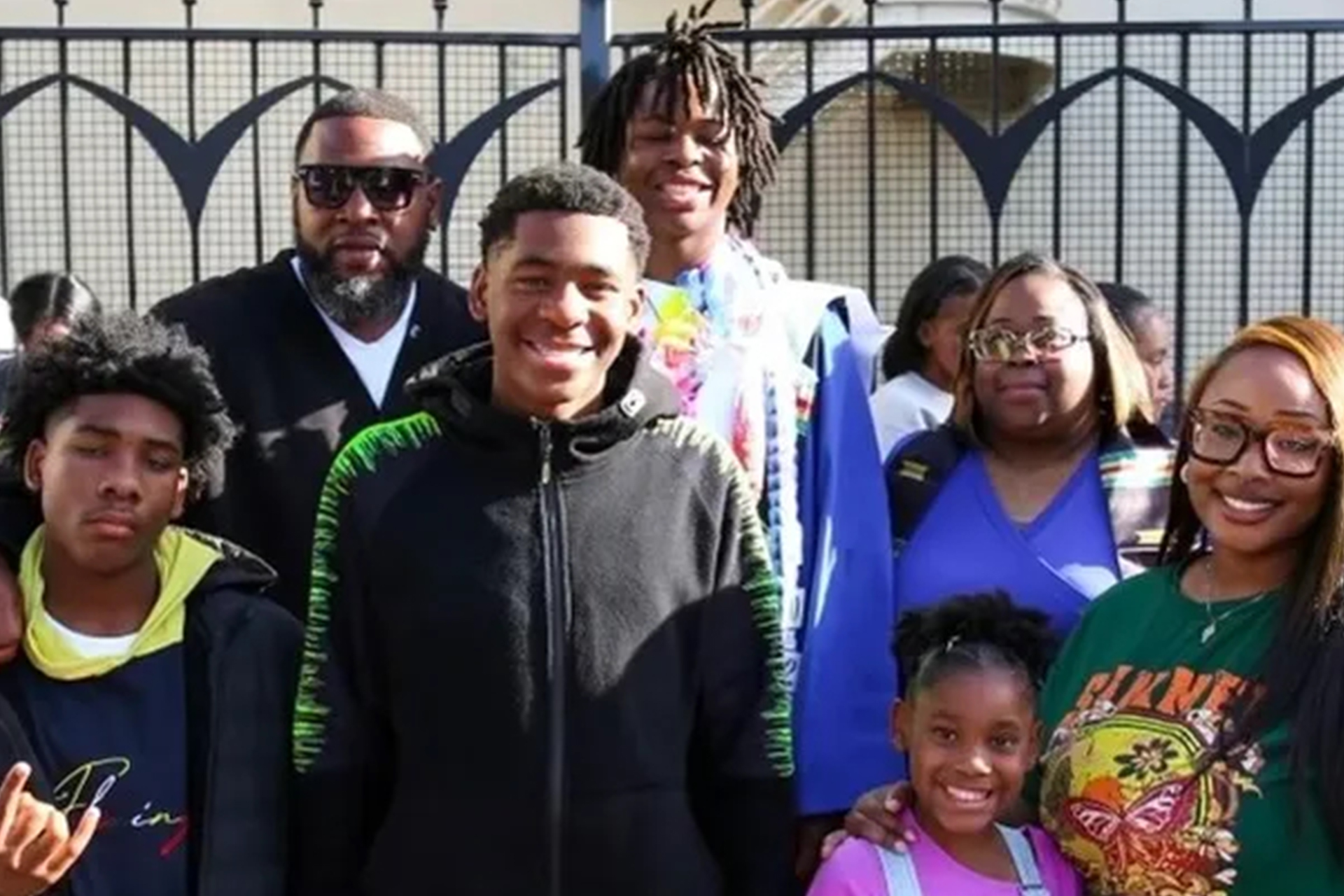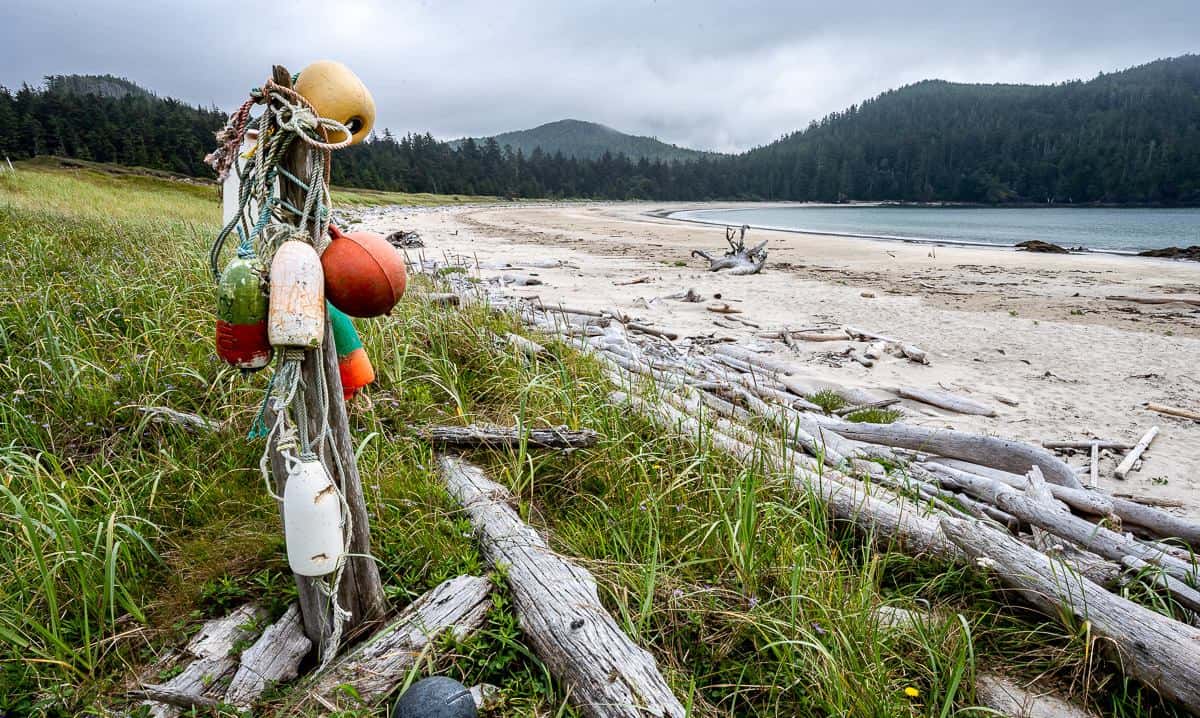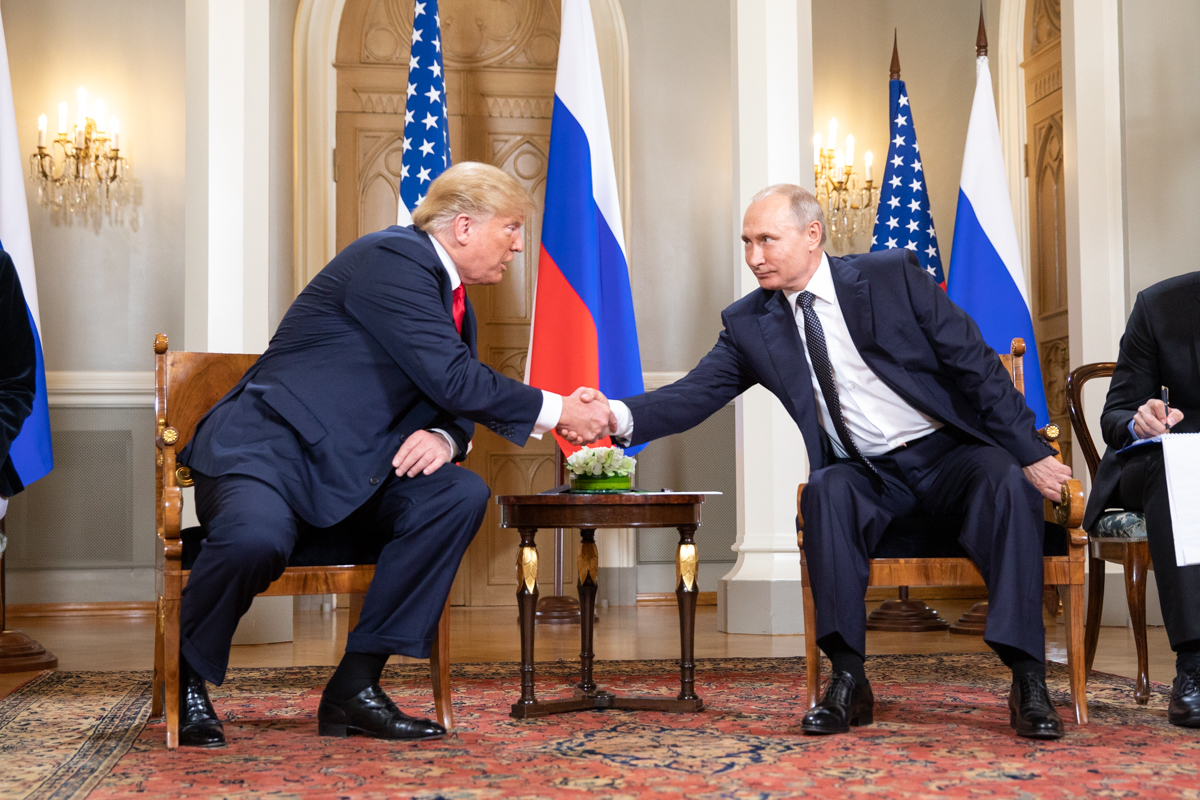The job of a journalist is as dangerous as it is delicate. His is the calling to mind other peoples’ business and at the risk of personal comfort. I need not mention that a large number of them have paid the supreme price in the line of duty globally. But the question is: who speaks in defence of journalists that professionally cater for the welfare of others? Who protects the journalists? Clearly, not the political-class and that is self-evident in the recent dastardly attack on the press crew during Bola Tinubu’s grand homecoming to Lagos after clinching the presidential ticket of the All Progressives Congress (APC).
That incident is currently being made to look like a run-off-the-mill. But on the flip side, it was yet another bad advertisement for both the State government and APC flag-bearers ahead of a crucial 2023 general election. So, beyond the futile attempt to palm off endemic hooliganism in the state and blatant hatred for journalists, the State government should take responsibility for security breaches and address enabling issues squarely.
It is bad enough that journalists were singled out for attack in a well-padded convoy that had the State governor and his team, a handful of state governors, serving ministers and presidential flag-bearer of the ruling party, among other dignitaries. Most harrowing has been an official attempt to blackout the incident as if it didn’t happen. In few mainstream platforms where the reportage saw light of the day, it was treated as an attempted assault on the convoy; not on the injured and traumatised journalists. In an ‘empathy visit’ to the journalists at Alausa, Governor Babajide Sanwo-Olu did pledge that the attackers would be fished out and dealt with. Fair enough. Unfortunately, none of those interventions addressed why the incident happened and how to ensure it never repeats itself. There are a couple of reasons to mention.
First is the inherent disrespect for journalists by the political-class, their security detail and even erstwhile media practitioners that cross over from newsroom to the seat of power. In a democracy, the media practitioners have a constitutional duty to hold the government accountable to the people. It is for that reason, prima facie, that a state executive’s convoy snakes around town with one or two buses marked as “press crew” in them. In that setting, it takes a lot to be a vibrant journalist and still remain on the luxury train. Because, a compelling analysis of state policies and programmes – being the duty of a reporter – is always in conflict with the megaphone and amplifier-effect that the State House expects from its press corps. But why are they still together? You may liken it to the art of keeping your friend close and your enemy closer. In truth, the officeholders rarely want a gadfly journalist around them, but one in the status of a good soldier to soothe their fancy. And that is disrespectful.
Secondly, the security aides around His Excellency: Those ones seemingly harbour hatred for journalists, and left to them, such ‘irritants’ should have no seat anywhere around their principals, how much more in the official convoy. For LASG-01, it has always been a rancorous debate and a battle to fit in the State House press corps. There are some overzealous security aides that would perpetually keep State House journalists in the convoy-tail, make them the weakest link and expose them to reprisals after the governor is gone. State House correspondents during the tenure of Mr. Akinwunmi Ambode can tell that story better. The situation was not any different last Sunday at the Iga-Iduganran palace of the Oba of Lagos. The attacked journalists were mauled at the tail-end of the train where they had been banished. Safe to say, the security detail threw the journalists under the bus. They are lucky to be alive to tell the story. But the life of journalists should also matter…not just a lifelong ambition!
The most unforgiving is the hatred of fellow journalists for their colleagues once they ascend to a privileged position. The same set of stories that stood them out as field reporters and ones they always want on the cover as editors readily becomes a taboo and not fit for publication once they cross carpet. I remember an ugly incident in 2016. It was one of those ethnic face-offs between Hausa and Yoruba traders at Mile 12 market, Ketu. Deaths and arson were recorded, forcing the State government to temporarily shut the market. About four days later, the governor paid a visit to the neighbourhood to assess the damage. While the residents were pained that the visit was belated, the community leaders impressed on their governor to come into the streets to have a clearer view of the damage. For reasons best known to the visiting party, the convoy merely continued on the main access road, made a detour and headed for the main exit, signifying an end of the visit. The people turned violent and started pelting stones. As it was at Iga (the Oba’s palace), the press crew bus was at the tail and the soft target of their vengeance. It was a scary encounter for the journalists. Curiously, the then Chief Press Secretary fought tooth and nail for the story not to be written. The following day, that fellow, a former editor, threatened to beat up two journalists that dared to damn his consequence, as he ensured they were dismissed from the press corps. That is the battered fate of poor journalists even in a democracy! Yet, they are some of the worst paid professionals, if they are paid at all!
It is important to add that those conflicts of interest do not foreclose the precarious insecurity in Lagos State – and the reason for this narrative ab initio. The mega city that also doubles as the economic capital of the seventh largest country in the world is most volatile and the Lagos Island axis is perpetually restive. It is not to the credit of any governor that a modern state like ours is that riotous and near free-for-all to have warranted a daylight attack on State House correspondents. For the sake of clarity, such attacks or attempts are not new. It was most similar to what happened in 2015 during the electioneering campaign, when Muhammadu Buhari and his team visited the same Iga on his way to becoming president. Second, that corridor is always hot-blooded. When you have a large army of street-urchins, in-between weeds and drugs, come out to clear the roads in welcoming you into the palace and their expectations go unmet, how do you expect them to react while seeing you off? It is a no-brainer, because it has become a family-affair between the political elites and this army of hooligans.
The point is that the Lagos metropolis is on tenterhooks and there is no denying it. Everyone, not just the journalists, is endangered by this conflagration that may consume us all. That hooligans are freely running riots is symptomatic of how much the political elites have condoned their excesses. It is therefore a mere political statement that the perpetrators of the attack on journalists would be brought to book. The politicians, community and security agencies know who they are. So, who is fooling who? A better response from the government is to brave the odds and begin to build a Lagos model that is marketable to the whole country and a reference point of a remarkable leadership. The outlook is currently very ugly, and no amount of hatred for men of the pen profession will assuage the pains of living in a chaotic Lagos. Ire o!





















Discussion about this post